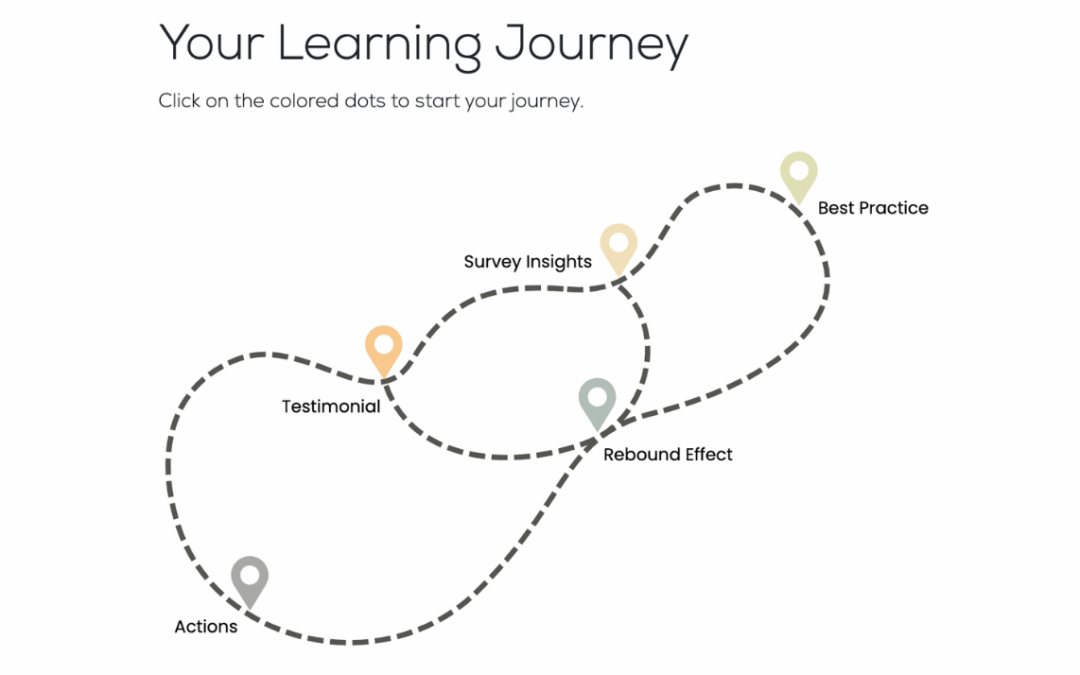
Nov 18, 2025
An innovative online resource designed to support circular economy practitioners across various sectors, particularly those working in buildings, mobility, and manufacturing.
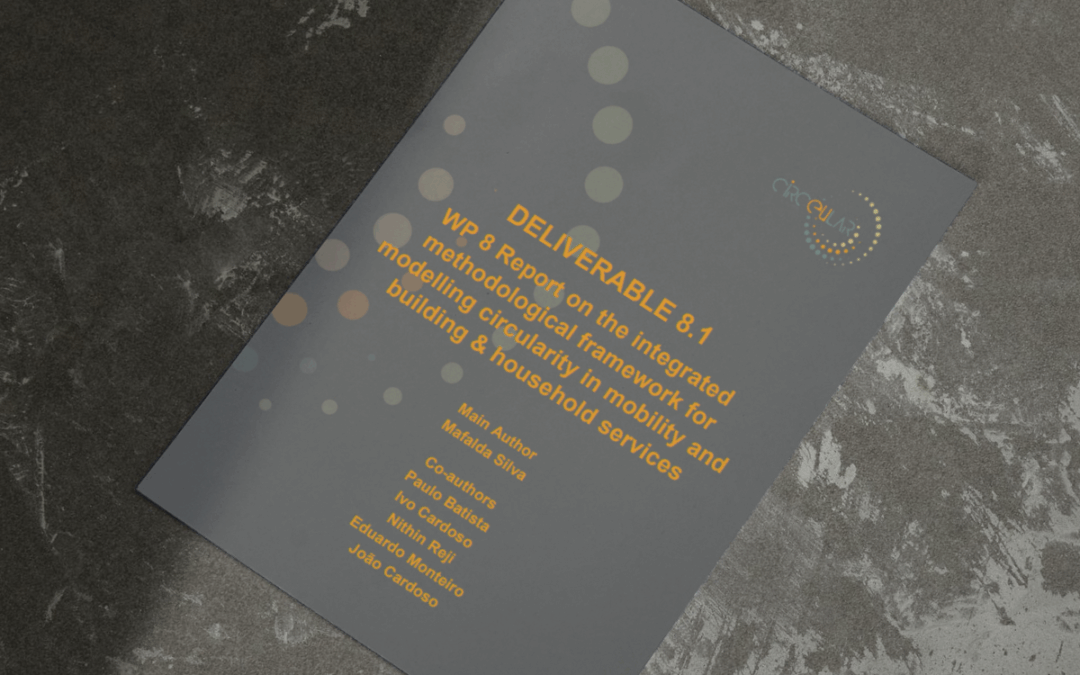
Nov 11, 2025
This framework combines a comprehensive spatial analysis with machine learning techniques to inform urban planning practice regarding the influence of urban drivers.
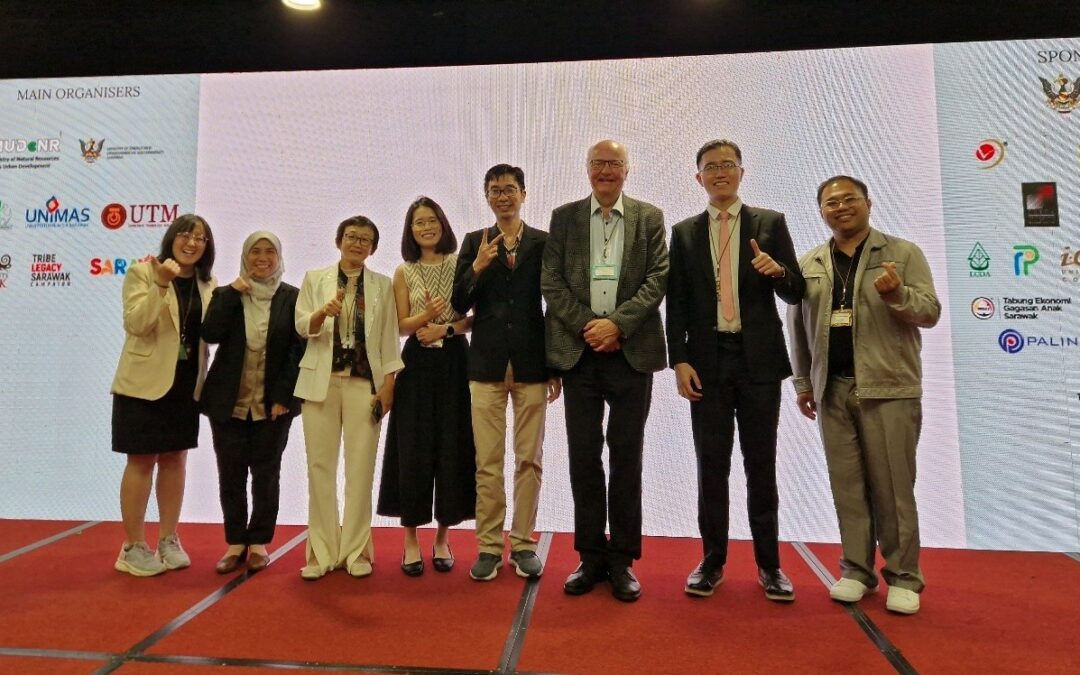
Oct 30, 2025
Our CircEUlar partner UOXF delivered a talk on “Broader Impacts of Digitalisation on Decarbonisation Pathways”, formed part of the project’s work, exploring how digitalisation can drive low-carbon transitions, while also considering its own environmental footprint and ways to mitigate these impacts.
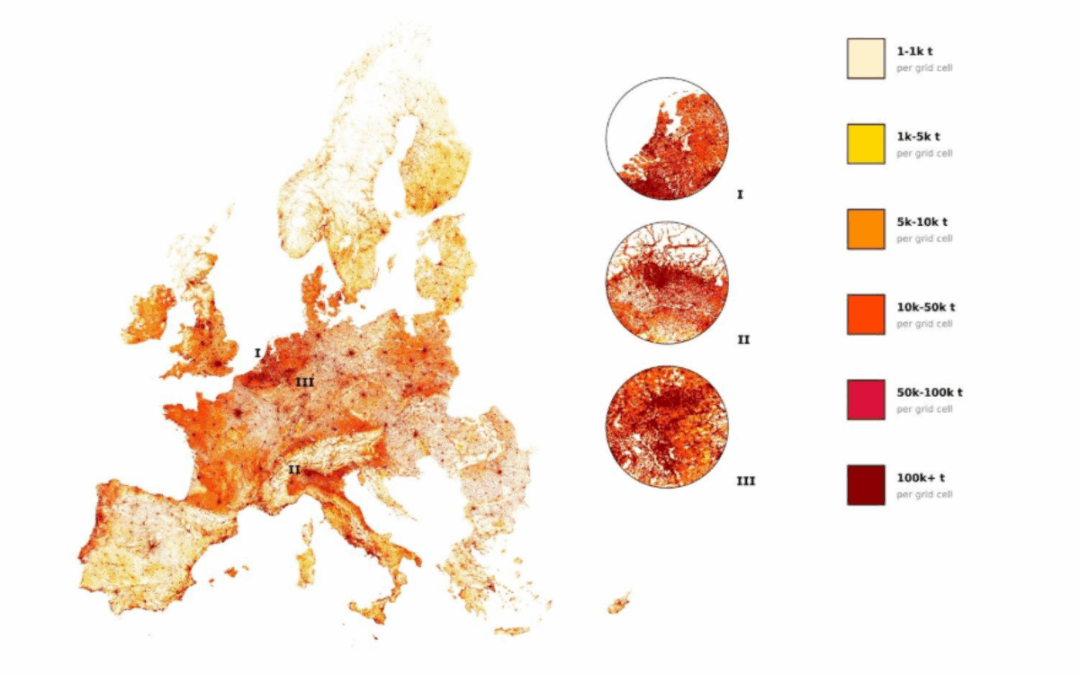
Oct 22, 2025
A new report from TU Berlin, PIK, NTNU and BOKU reveals the composition and location of Europe’s massive material stock in buildings, transport infrastructure and vehicles across the EU27, Norway, Switzerland, and the UK.
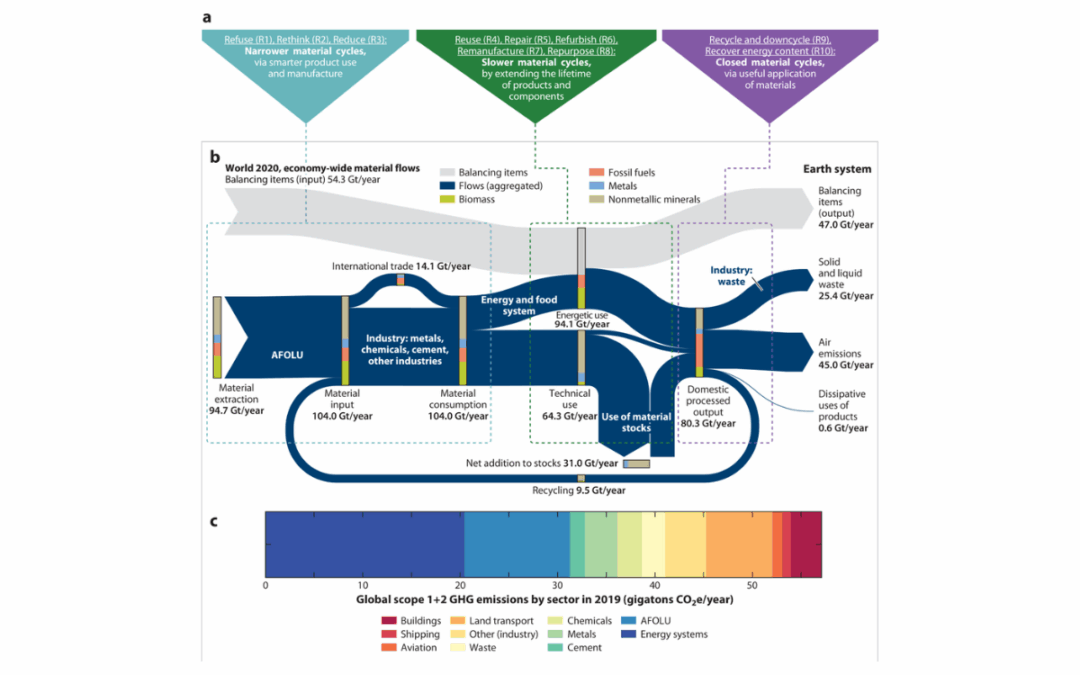
Oct 14, 2025
As global resource use and emissions keep rising, the circular economy (CE) is gaining traction as a strategy for avoiding waste and reducing virgin raw material demand, thereby potentially also mitigating energy demand and GHG emissions.





